
How Can Companies Drive Sustainability and Be a Responsible Business?
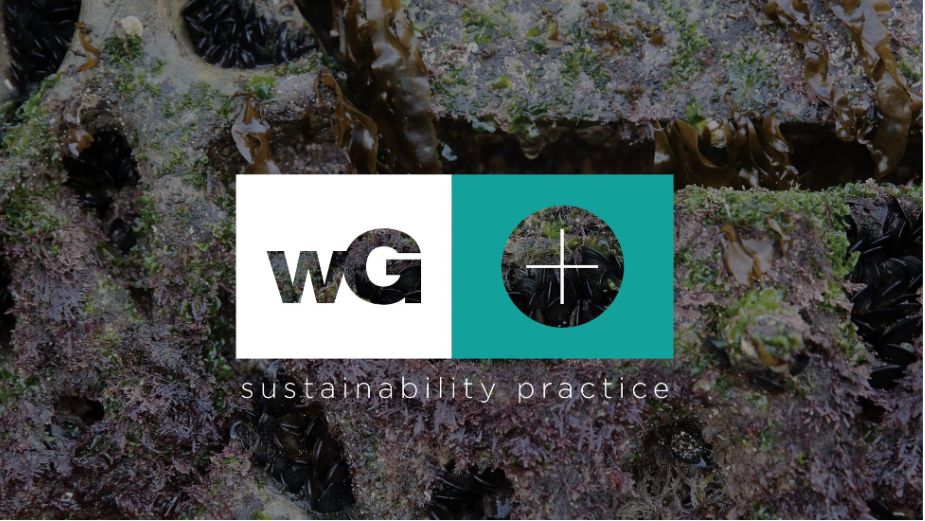
When it comes to sustainability, whiteGREY heeds not the obligatory mentions of “sustainability agenda” and “net-zero goals”. Instead, the agency veers clear of “those terms that imply sustainability agenda is somehow different to a core business agenda”, says national chief strategy officer Simon Wassef who heads the new whiteGREY Positive (wG+), a sustainability practice that helps brands transform into responsible businesses and enable NGOs to create meaningful impact.
Launched in August this year, wG+ will streamline the agency’s existing work with businesses, brands and organisations in the sustainability space. The practice takes whiteGREY’s track record with its clients to another level. Diversity in sustainability is part of the bigger conversation around it, Simon shares, “From the icons of sustainability like the World Wildlife Fund Australia and Greenpeace working to change public policy, to Volvo designing more equitable mobility futures and helping HSBC encourage its business customers to invest in sustainable technology, to Hawaiian Airlines who used the pandemic to champion mental health initiatives for a world in lockdown.”
Timing is key, and wG+ plays well into the current renewed focus on sustainability as Australasia emerges from the pandemic with a new perspective on social, community and environmental concerns. The pandemic has led to a sharp recalibration in priorities, with well over four in 10 Australians (46%) and New Zealanders (48%) reporting a change in values, according to the latest EY Future Consumer Index. It also means there is a greater preference for organisations that are perceived as being responsible.
Simon offers this perspective, “In our view, responsible business is core business. Every sector, every business, has different challenges with how to meet the demands for growth in ways that aren’t harmful not only to the planet, but to people. Communities, employees, marginalised groups, supply chain workers, growers - the entire chain of how we get what we want and behave in ways that suit us - is on the table.”
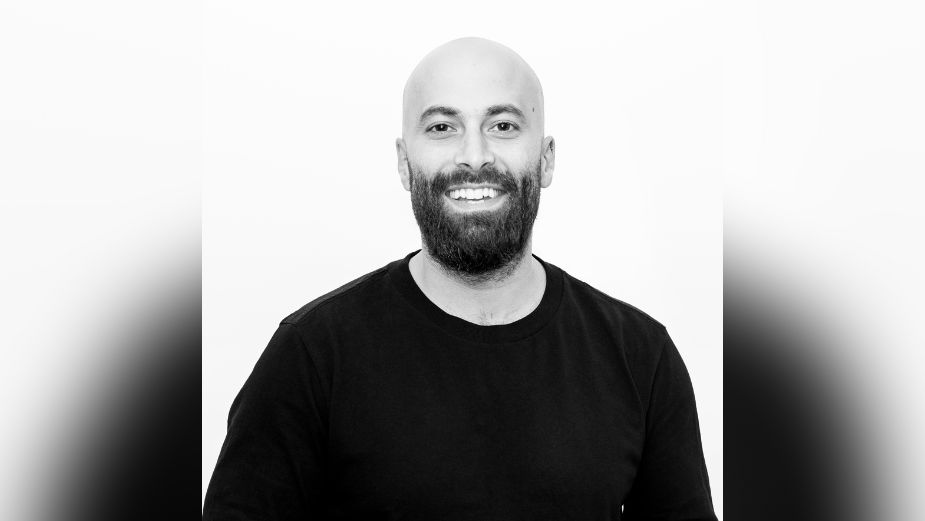
He shares that wG+ is driven by its mission for purposeful progress, “It’s not the ‘brand purpose’ marketing people fight about every other year. It’s about extraordinary ideas and tangible impact. Ideas that galvanise, educate, change behaviours or create belief amongst all stakeholders: from the boardroom to the bar.
“And what is progress? Progress comes in various forms, from business growth and brand momentum to category design, partnerships, tech acceleration, organisational design, all the way up to public policy and the way people vote.”
The principles that guide the work of wG+ is not something new to whiteGREY, synergised with the work ethics of a talent pool that work across the agency’s business. Adds Simon, “We are lucky to have an incredibly talented group of people who all place a premium on sustainable, responsible business, both for ourselves and our clients. As a result, we’ve already integrated wG+ methodology into what the wider agency does.”
Simon shares deeper insights into wG+ projects with its clients:
Volvo’s Lasting Impression
“Volvo wanted to run a beach clean-up on World Environment Day. But anyone could’ve done that. When your whole company is about design that makes us – and the planet – safer, but you’re still putting cars in the world, the tension to solve is bigger. We asked ‘how can a plastic clean-up happening on one beach on one day have a meaningful legacy?’ The solution was a piece of industrial design that is now a permanent fixture on the walls of Sydney Harbour.”
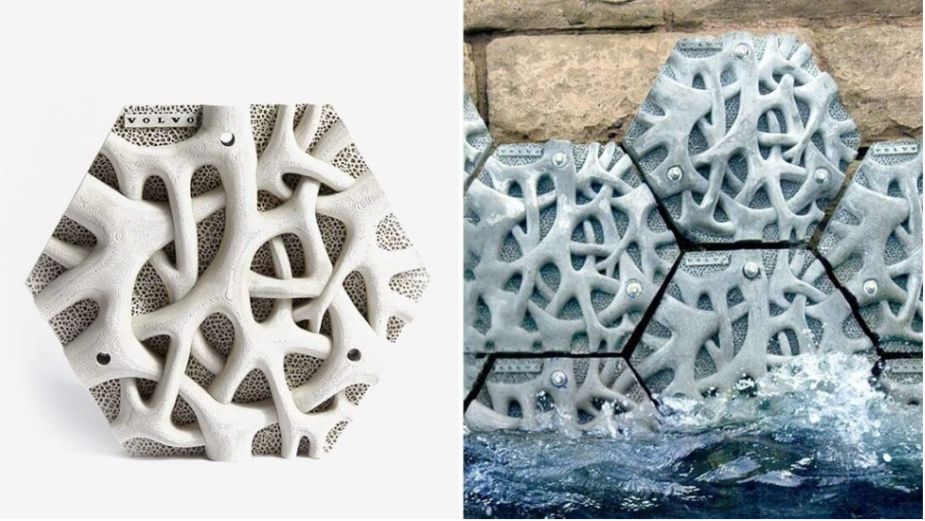
Sheldrick Wildlife’s Focus on Elephants
“The Sheldrick Wildlife Trust is dedicated to the conservation, preservation and protection of wildlife, with a focus on the iconic - and endangered - African elephant. When we started working on an activation for 2018 World Elephant Day, the tension was that we all thought the war against ivory poachers was won and the elephants were safe. We’d lost our empathy for them. But the elephants faced new challenges, from the changing climate to growing populations. Being able to say ‘Hello’ in elephant was a new way to empathise and create renewed action around preserving the iconic animal.”
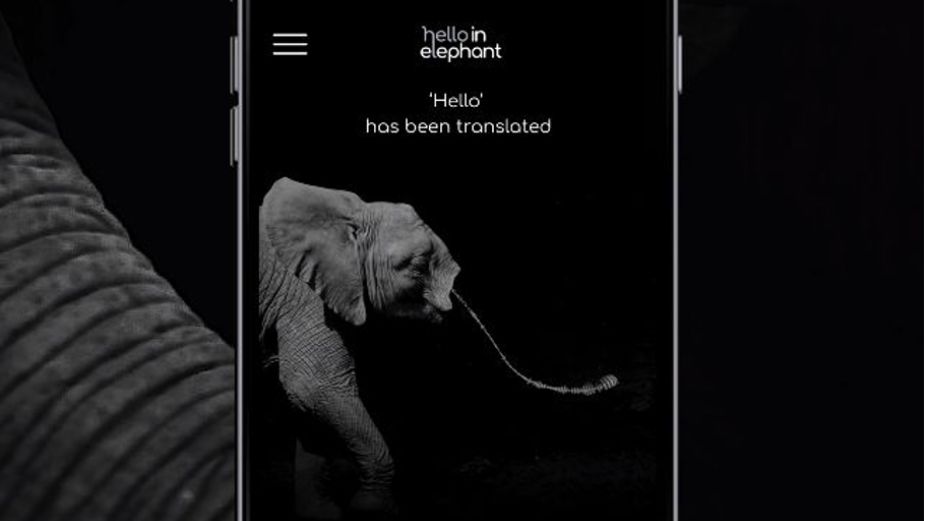
WWF Australia’s Inspiring Message
“WWF Australia’s challenge is always about rallying an entire nation to its cause, so it’s a really hard task, especially when Aussies have spent the last ten years being told by the Murdoch media, various politicians and the mining industry that climate change isn’t that big a deal (at best) or isn’t real (at worst).
“So when the Black Summer bushfires and catastrophic floods of 2019/20 brought the climate crisis in Australia sharply into focus, it was tempting for WWF Australia to do a ‘told you so’. But we realised that the real tension was that deep down we Aussies felt like we had betrayed our environment and Black Summer was the harsh revenge. That maybe nature had turned from friend to enemy. And that in betraying our friend, we had betrayed our very identity.
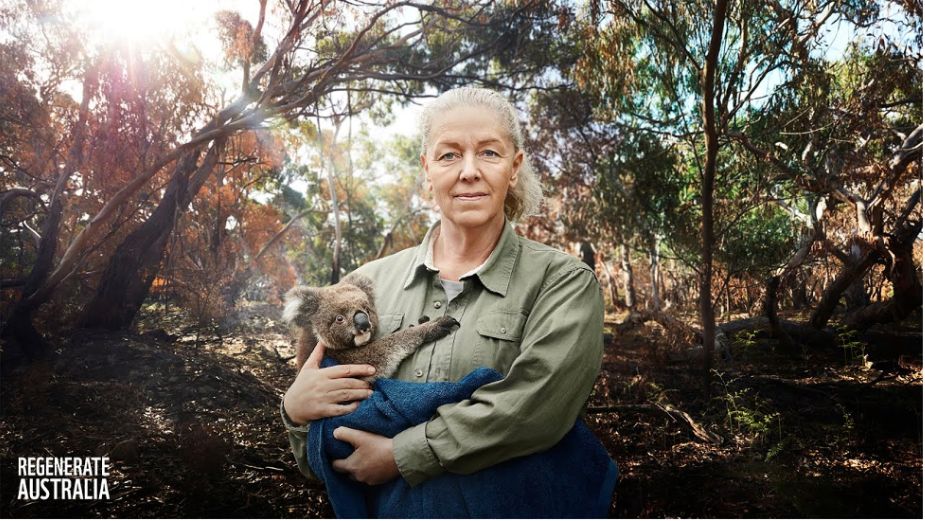
“So we set out to inspire Australians to act on their better nature with a campaign built around a powerful call to arms: Australian nature needs your Australian nature.
“We set out to make the climate crisis in this country personal, not a political issue that we guilted people into acting upon. As a result, on a media budget of just $650,000, we achieved the following results:
- 15% of leads were converted to financial donors. This is 3.5x the original target.
- 86% of the 18,700 leads generated were new for WWF.
- 12.4 million people reached. Despite going live during lockdowns and 60% of our ATL media spend was in OOH.
- Exceeded original fundraising target by 115%.
- Generated 45,292 sign-ups. That also equates to 45,292 more trees planted so far.”
What Makes a Business Responsible and Sustainable
Business and sustainability does not necessarily go hand in hand, and aligning important stakeholders in their agendas for profitability and market growth alongside sustainability is not an easy task. But proven results make a strong case for it.
“We know that growth and responsibility are not mutually exclusive. All the research points to better outcomes for businesses when they take more responsible, sustainable approaches. It attracts the best talent, builds brand equity, drives consumer preference and in turn creates shareholder value,” says Simon.
“And in our experience, companies find that sweet spot by being authentic and transparent around what they do (and don’t do) and how they can do it better. It’s usually about revealing something that’s there, rather than turning yourself into something else,” he adds.
Simon elaborates that wG+ clients such as HSBC and Volvo bear testimony to the fact that taking a sustainable stance requires them to be honest about what is possible and what is not. “Banks can’t simply turn off certain parts of their business overnight. So, we’ve helped HSBC activate a Business Plan for the Planet, a long-term platform that educates businesses on how they can leverage HSBC products and services that generate returns from more sustainable activities over time.
“Take our work with Volvo, for instance. A company dedicated to keeping us safe in and out of our cars has realised that sustainability is the new safety, so it is leading the transition to an electric automotive future in Australia by creating the education, infrastructure and policy pressure needed to get Aussies in hybrid and electric vehicles sooner."
Simon added that the conscientious business model is defined by being authentic about what can and cannot be done, and having the right people to commit to that journey. “HSBC and Volvo aren’t walking this line to ‘do sustainability’ conveniently or in the short term, they are evolving their core business to be able to meet the cultural demand for sustainable business behaviours,” he says.
Businesses in Australia are setting the example for taking action in climate change, and it is hoped that the momentum will influence the Australia government to prioritise this agenda. Currently, the country lags behind other UN member states in climate change. “Now, with a new government in place that doesn’t deny climate change, we will start catching up to the rest of the world… It’s businesses that can create initiatives and enough demand that policy-makers will have to take notice,” says Simon.
A good example is wG+’s Regenerate Australia campaign for WWF Australia. Apart from the donations and sign-ups, the campaign garnered the support of 15,000 supporters who urged the Australia government to uplist the conservation status of koalas to 'endangered'; and over 77,000 also urged the government to do more to end the extinction crisis.
“That’s the power of brands with big ideas: rallying communities and driving change,” concludes Simon.













